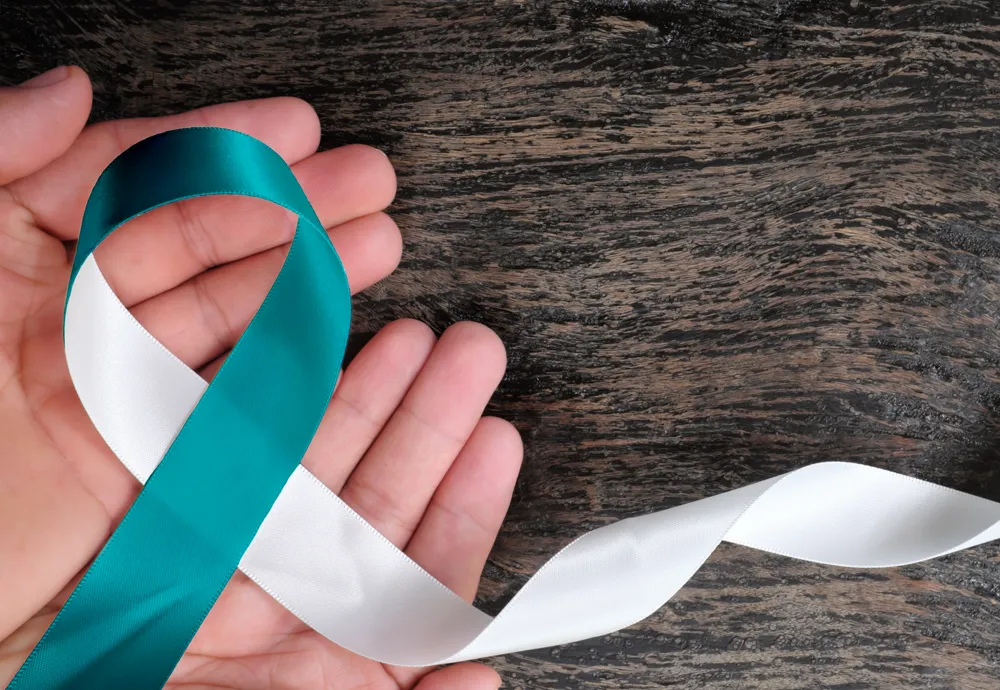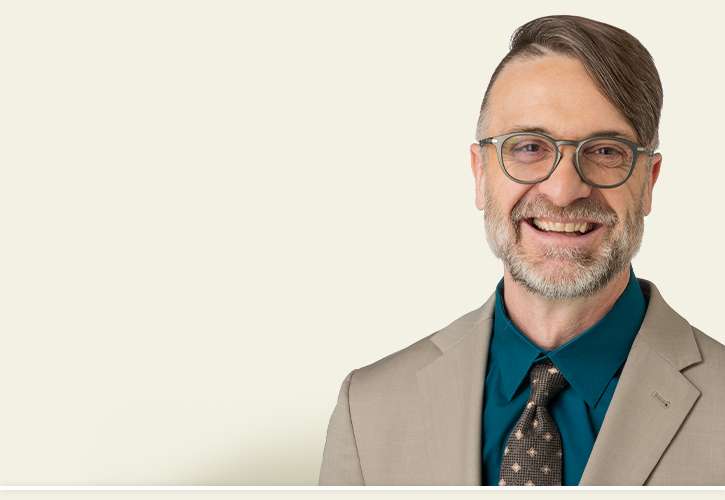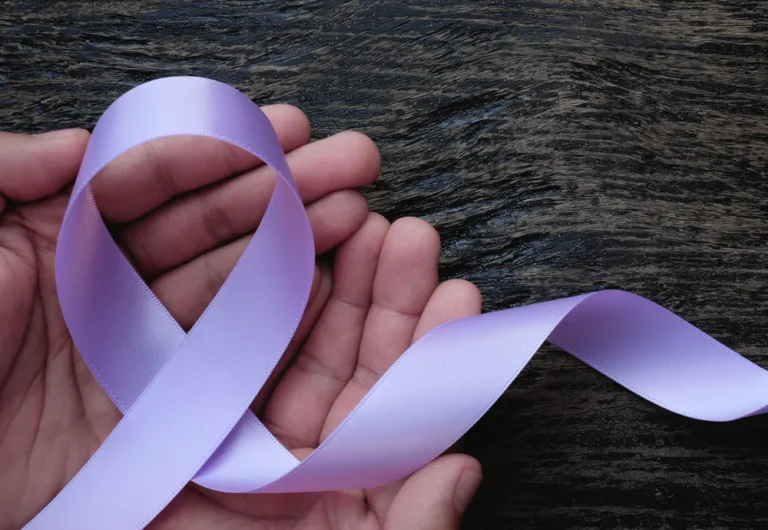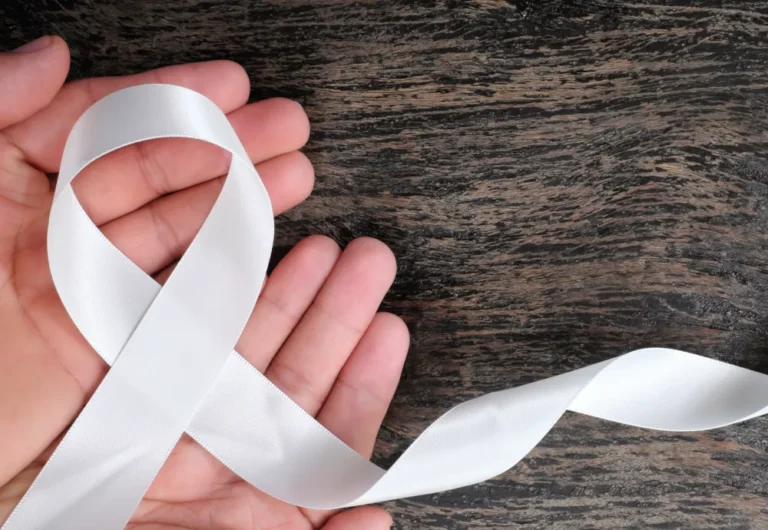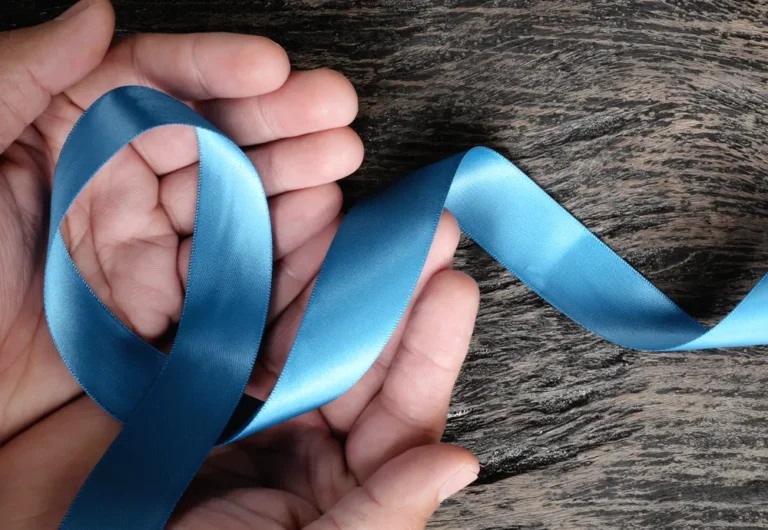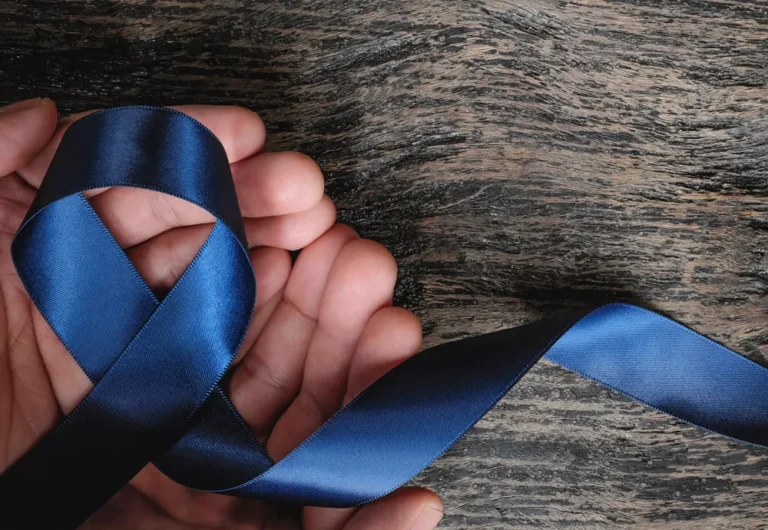HBO’s newest movie “The Immortal Life of Henrietta Lacks”
tells how one woman’s death from cervical cancer in the segregated South of 1951 helped fuel generations of scientific discovery–though she never gave permission for her specimens to be used in this way.
Here’re a few things to know:
- Most cancer cells can’t survive outside the human body. Cancer cells are more fragile than most people realize, and can’t survive the harsh conditions in the test tube for very long. The vast majority of cancer cells harvested from patients die after only a few hours, but Lack’s cells (dubbed HeLa cells) survived indefinitely. This allowed researchers to observe multiple generations of cell division, and begin to understand that cancers evolve over time similar to the way species do. That’s what made the HeLa cells so unusually valuable.
- In 1951, researchers didn’t need permission to obtain tissue specimens for research. When Dr. George Gey, a researcher at Johns’ Hopkins, realized the potential of Lacks’ uniquely aggressive cancer, he sent his lab technician down to the morgue to retrieve more specimens. It never occurred to either of them to ask for her family’s permission – and as distasteful as that seems to us today, informed consent wasn’t required for medical research until the the National Research Act passed in 1974.
- Henrietta Lacks’ story wasn’t known outside of scientific circles until 2000. The story gained general notoriety with the publication of Rebecca Skloot’s book The Immortal Life of Henrietta Lacks (available here: https://www.amazon.com/Immortal-Life-Henrietta-Lacks/dp/1400052181/ref=sr_1_1?ie=UTF8&qid=1493146609&sr=8-1&keywords=the+immortal+life+of+henrietta+lacks).
- The scientific community failed to protect the Lacks family’s privacy. Science can work very efficiently when information is openly shared. But since the genetic information about an individual or family can potentially lead to insurance discrimination, such data must be treated carefully. Unfortunately, details of Henrietta Lacks’ genetic information were widely circulated on the internet before the need for this kind of discretion was generally appreciated – and it wasn’t secured until 2013.
Henrietta Lacks’ story holds special interest to me for a couple of reasons: first, I worked with the HeLa cell lines (among others) while a postdoctoral fellow at the Mayo Clinic; and second, a college friend of mine served as Johns Hopkins Medical Center’s official liaison to the Lacks family, and wrote a book about their reminiscences of Henrietta (which you can get here: purchase book).
I hope that Henrietta Lacks is somewhere, somehow aware of her rich scientific legacy–that her tragic and premature death from cancer has taught us how to save others–and that she’s managed to forgive science for its sins against her.


